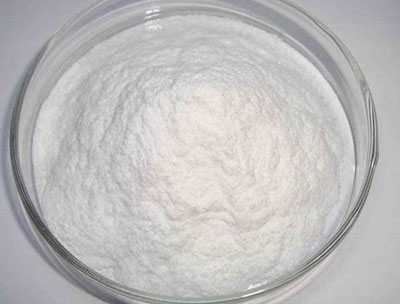
GP IIb/IIIa inhibitors block the binding of fibrinogen to the GP IIb/IIIa receptor, a critical step in the final pathway of platelet aggregation. This action helps to prevent thrombus (clot) formation in blood vessels.
These drugs are mainly used to prevent blood clots in patients undergoing procedures like percutaneous coronary intervention (PCI) (such as angioplasty or stent placement), and in cases of acute coronary syndrome (ACS), including heart attacks and unstable angina.
3. Tirofiban (Aggrastat)

GP IIb/IIIa inhibitors are often administered during or after procedures like angioplasty to reduce the risk of clotting within stents or the coronary arteries.
These drugs are used in combination with other antithrombotic therapies to manage conditions like myocardial infarction (heart attack).
Since GP IIb/IIIa inhibitors affect the body's ability to form clots, they increase the risk of bleeding, particularly during invasive procedures or if used in patients with pre-existing conditions.